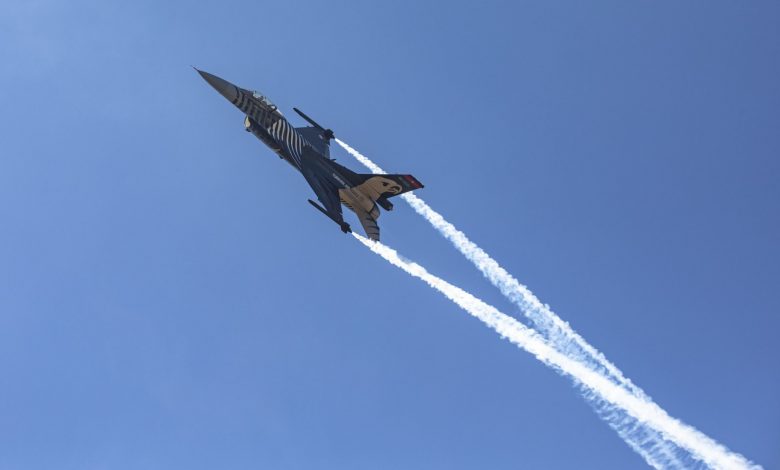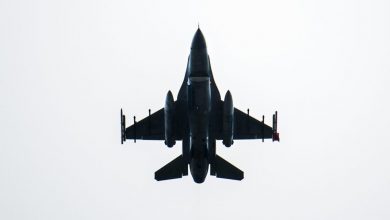Top diplomat: Turkey-US talks on F-16 fighter jet sales ‘going well

Negotiations between Ankara and Washington on the F-16 fighter jet deal are “going well despite challenges, according to Turkey’s top diplomat.
Foreign Minister Mevlüt Çavuşoğlu’s remarks on Wednesday come days after the U.S. House of Representatives approved a bill creating a new hurdle to any Turkish purchase.
Turkey has sought to buy 40 Lockheed Martin-made F-16 fighter jets and modernization kits from the United States. President Joe Biden has said he supports the sale, and his Turkish counterpart Recep Tayyip Erdoğan has said he believes it will go through after talks with Biden.
“The F-16 negotiations are going well. The (U.S.) administration’s approach on negotiations is very positive,” Çavuşoğlu said in a televised interview.
The House approved legislation that would bar the sale to Ankara unless the administration certifies that doing so is essential to U.S. national security. It also includes a description of concrete steps taken to ensure they are not used for “unauthorized overflights” of Greece.
Ankara rejected the bill, saying it is not binding. It called on its NATO ally not to fall for the “game” being played by certain U.S. lawmakers against the potential sale of F-16 jets.
Erdoğan last week said Biden had not set out any conditions for the sale when the two met on the sidelines of a NATO summit in Madrid last month.
Defense Minister Hulusi Akar also said talks on the sale were ongoing and Ankara is closely monitoring the process.
The bill marks the latest effort by the House, known for its anti-Ankara stance that has repeatedly damaged bilateral relations, to exert control over the sale of the Lockheed Martin aircraft to Turkey.
Çavuşoğlu also stressed that the “negative atmosphere” seen at the U.S. Congress in recent years has dissipated.
“This (bilateral) cooperation also has strategic importance for NATO,” he said, as both countries have been alliance members for many decades.
“They are also aware of the role Turkey has taken on recently, and let’s hope this awareness is not a temporary one.”
The process to finalize the defense bill, known as NDAA, is lengthy, and the Senate will also have to back similar language before it can be sent to Biden’s desk to be signed into law. Revisions to the bill in its current form are all but certain. The president can veto such legislation.
The decades-old partnership between the NATO allies has gone through unprecedented tumult in the past five years over disagreements on many issues, including Syria and Ankara’s closer ties with Moscow.
Turkey made a request to buy 40 Lockheed Martin-made F-16 fighters and nearly 80 modernization kits for its existing warplanes, in what is estimated to be a $6 billion (TL 107.5 billion) deal.
The sale of U.S. weapons to Turkey became contentious after Ankara acquired Russian-made S-400 defense missile systems, triggering U.S. sanctions as well as Turkey’s removal from the F-35 fighter jet program.
The Biden administration has on several occasions signaled its openness to the sale, including Secretary of State Antony Blinken, who has said foreign military sales to key U.S. partners like Turkey should be expedited and bureaucratic hurdles removed.
In March, the State Department wrote a letter to some members of Congress who had opposed the sale, saying “appropriate” U.S. defense trade ties with Turkey would serve U.S. interests.





